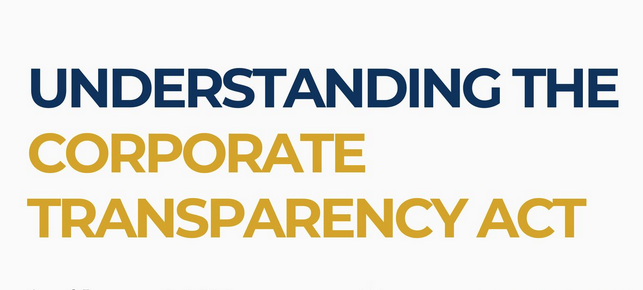On July 3, 2024, the U.S. District Court for the Northern District of Texas made a crucial decision in Ryan, LLC v. Federal Trade Commission, granting a limited stay and preliminary injunction against the Federal Trade Commission’s (FTC) new Non-Compete Rule. This rule, slated to render nearly all non-compete agreements unenforceable with few exceptions, has stirred substantial controversy among employers…










